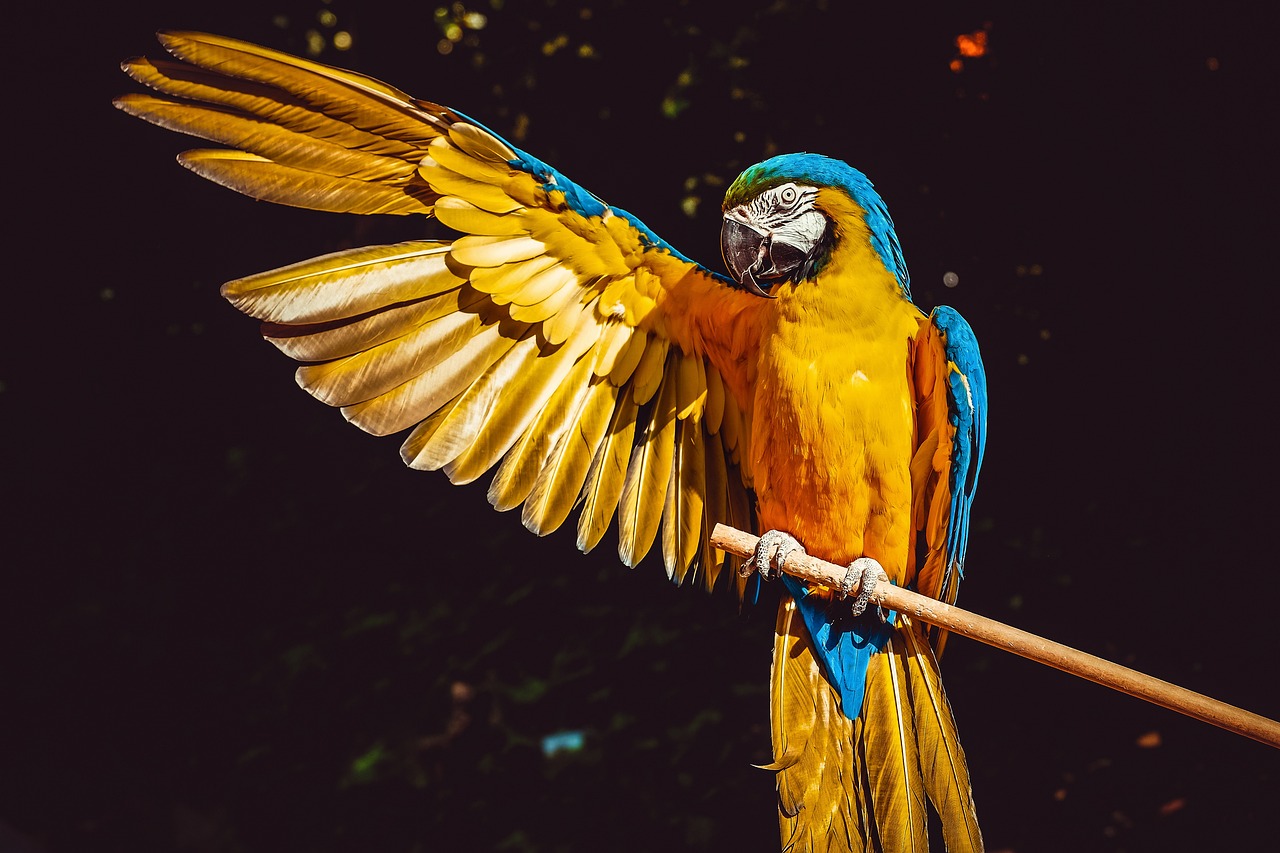Owning a Bird Pet: How to Be Fully Educated & Prepared

Before you purchase or adopt a bird, it’s important to do your research and make sure you are prepared to take on the responsibility of owning a pet. In this blog post, we will discuss some of the things you should consider before getting a bird, such as the type of bird that would be best for you, what kind of cage or enclosure you will need, and what food and toys your new pet will need. We will also provide some tips on how to properly care for and train your bird.
1) Think How Much Time You Can Devote To Your Bird Pet
Owning a pet bird can be quite demanding. Not only do you need to feed them, and provide water and adequate housing, but you also need to dedicate time each day for play and training. Some bird species require more attention than others, so make sure that you are prepared to give your new pet the amount of time it requires. Also, a piece of advice for first-time owners is to keep in mind your ability to socialize with your pet bird before you make a decision to purchase. For instance, parrots are known to be very social creatures and they enjoy interacting with people. If you don’t have the time or energy to develop this relationship, you may want to look at other bird species that don’t require as much attention.
2) Choose The Best Bird Species For You
There are a wide variety of pet birds to choose from, and it’s important to do your research before deciding which would be best for you. Consider the size, noise level, and lifespan of each breed you are thinking of getting since all these aspects will affect how much time and energy you need to devote to your pet. Some popular bird species include parakeets, cockatiels, lovebirds, conures, macaws, and finches.
3) Select The Right Bird Cage or Enclosure
When purchasing an enclosure for your new bird companion make sure that it is made out of durable material that can withstand chewing as well as scratching by its occupants. It should also have plenty of room for your bird to move around and exercise. Additionally, you should make sure that the cage has adequate ventilation, and a place for food and water dishes, perches, and toys.
4) Provide Your Bird With The Right Food And Toys
It is important to provide your pet with a healthy diet of fresh fruits and vegetables as well as high-quality bird seed mixes or pellets. Be careful not to overfeed your bird since this can lead to health problems such as obesity. Additionally, you should include an assortment of safe toys in its enclosure so that it can stay entertained while inside the cage. Some popular types of toy materials include wood, rope, paper rolls, plastic keys, bells, and mirrors.
5) Consider Proper Care For Your Bird Pet
You should always keep your bird's cage clean, give it fresh water and food every day, and trim its wings and nails as needed. Also, you must take your pet to the veterinarian for examinations and immunizations at least once a year. Also, socializing with your bird is necessary to develop a trusting relationship between the two of you. Talking, singing, playing games, giving prizes or praise for good conduct, and just spending time together can all help achieve this.
6) Educate Yourself About Bird Training

Training your bird to understand commands and behaviors is essential for having a well-behaved pet. Before you begin training, it’s important to educate yourself on the basics of training birds so that you can ensure they are properly trained. Some techniques used in bird training include clicker training, verbal commands, and positive reinforcement. Clicker training is a type of reward-based training that uses a clicker sound to indicate when your bird has done something correctly. Positive reinforcement is also a great way to reward good behavior and encourage your bird to learn new behaviors. Utilizing these methods of training will help you build a strong bond with your pet and lead to a fulfilling relationship.
It is important to remember that owning a bird pet can be very rewarding, but it does require dedication and a lot of hard work. By following the tips listed above, you will be able to ensure that your new pet bird is properly cared for and has everything it needs to thrive in its home environment. Additionally, with patience and consistency in training and socializing, you can build a strong bond with your pet bird that will last for years. Good luck!



